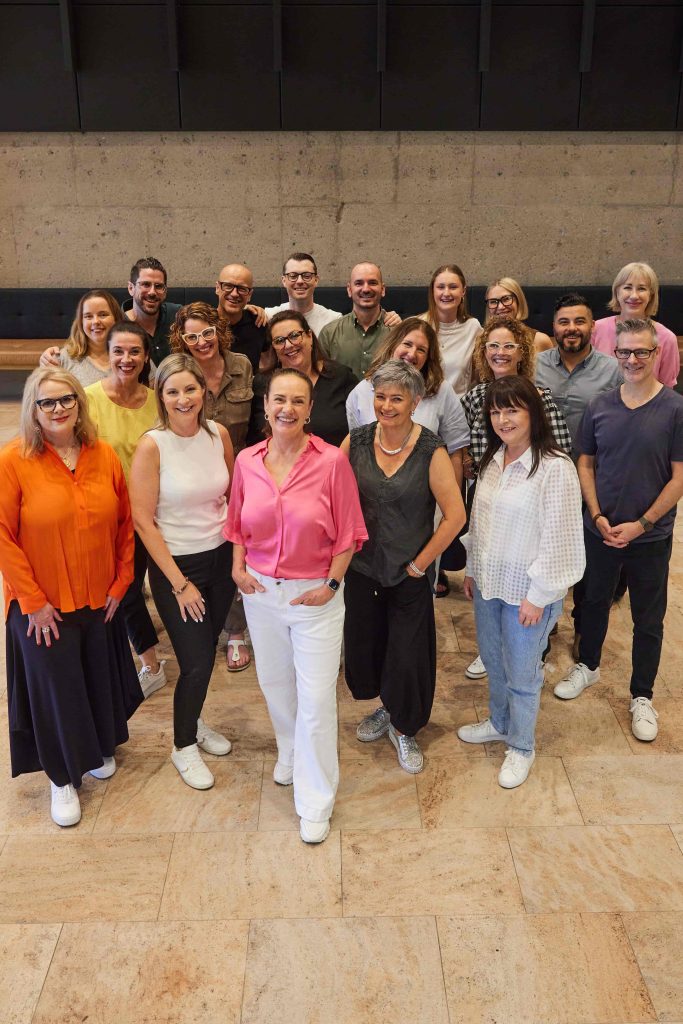The power of stories
As a self-confessed movie buff, my love for stories began as early as I started talking. My parents were the culprits – they introduced me to the magic of old-time movies, and I was captivated!
Today, as a facilitator at Phuel, stories have become more than a pastime – they are an integral part of the role. The ability to weave a narrative isn’t just about putting on a good show; it engages, connects and resonates with your audience on a deeper level. It can be where the most learning happens.
Stories bring life to data, emotions to facts and relatability to concepts. When we share a story, we tap into emotion, a pathway to connect. That’s what makes storytelling so powerful.
For some people, the storytelling element doesn’t come naturally. It’s not their go-to method of communication, and that’s fine. The key to embracing storytelling is understanding that it’s more than just speaking; it’s about using a combination of style, delivery and narrative to make your message memorable.
How to use storytelling
You don’t need to be a master storyteller to tell a good story, but there are a couple of things you should consider:
Be clear on your point and ensure your story illustrates it. If it doesn’t, it’s not the right story to tell.
Make sure you connect with the story yourself. I learnt this the hard way when I stood in for another presenter at the last minute and tried to tell his story about a car to illustrate a point. It was a good story, but it fell flat in the telling because it wasn’t mine. The audience could see I didn’t connect with it.
Ensure it’s a relatable story. Your audience doesn’t need to be as passionate about the topic as you are, but your story needs something they can relate to. The relatable part might be an emotion in the narrative rather than the subject itself. A good way to test this is to tell it to a friend or family member who doesn’t share your interest.
Use humour only if you are comfortable with it and know your audience will be too. Stories can connect in many ways; humour isn’t the only one. If you’re not comfortable, it’s probably not going to connect. (And if you decide to use it, test the amusing parts on a few different people first to ensure they’re well received. A joke that falls flat can be challenging to get past on stage.)
Think about how you want your audience to feel so you can prepare a story that hits that mark. Emotions are the essence of a persuasive story because before you make someone think something, you must make them feel it.
So, how do you become a better storyteller?
Some people are inherently great storytellers. Great storytellers have existed throughout history, and they’ve often had a notable impact because people follow them. Reaching those heights may not be possible, but you can improve your craft.
There’s no magic solution. It boils down to two things: practice and feedback. Share your stories with family, friends and anyone willing to listen and offer honest critique. That’s where the vulnerability comes in; opening yourself up to feedback can be daunting, but that’s exactly where growth happens.
And, if you falter? Well, that’s just another story in the making.





